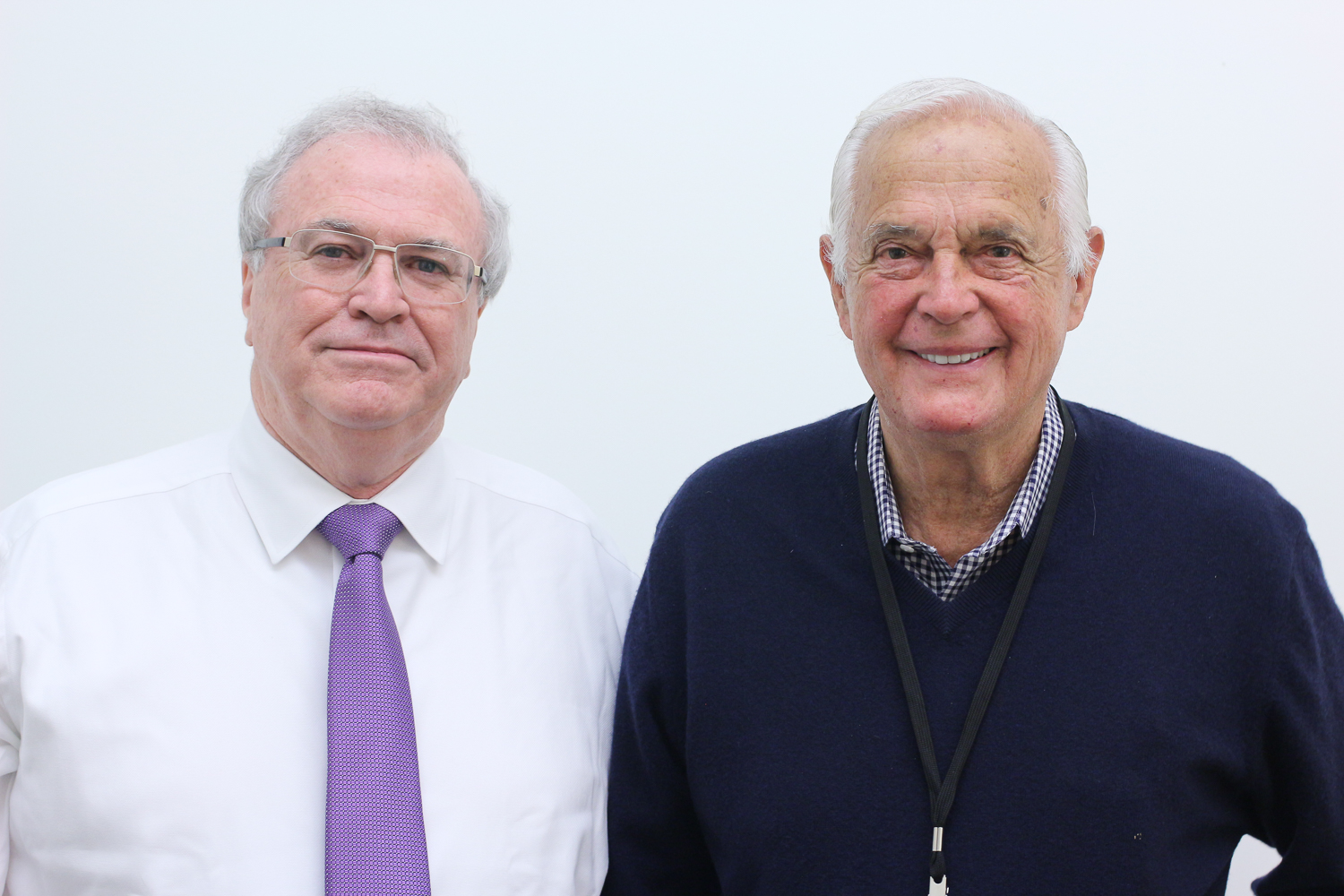On June 17, 1972, five men were arrested for breaking into the Democratic National Committee headquarters at the Watergate building in Washington, D.C. One was a former employee of the CIA.
As the senate select committee began looking into President Richard Nixon’s involvement, a Republican staffer blew the lid off that investigation by revealing a treasure trove of evidence.
A few years earlier, at Nixon’s request, Alexander Butterfield — a deputy assistant to the president and former Air Force Colonel — had overseen the installation of a voice activated taping system that secretly recorded all of Nixon’s conversations in the Oval Office and other key locations. Butterfield was told the elaborate recording system was for the purpose of gathering archival material for the Nixon Library, but no one who met with the president was made aware of the devices. Those recordings would eventually provide evidence of Nixon’s involvement in the attempted cover-up of the Watergate break in. The president resigned shortly after.
Butterfield spoke with his friend Tom Johnson about what led to his testimony.

Top Photo: Alexander Butterfield testifying before the Senate Watergate Committee on July 16, 1973. By the Associated Press.
Middle Photo: Alexander Butterfield and Tom Johnson at their StoryCorps interview in Austin, TX on April 27, 2016. By Jhaleh Akhavan for StoryCorps.
The original interview took place through a partnership with the 2016 Vietnam War Summit, hosted by the LBJ Presidential Library and The University of Texas at Austin. This broadcast is supported in part by the Corporation for Public Broadcasting, a private corporation funded by the American people, and the National Endowment for the Arts.
Originally aired September 30, 2022 on NPR’s Morning Edition.
